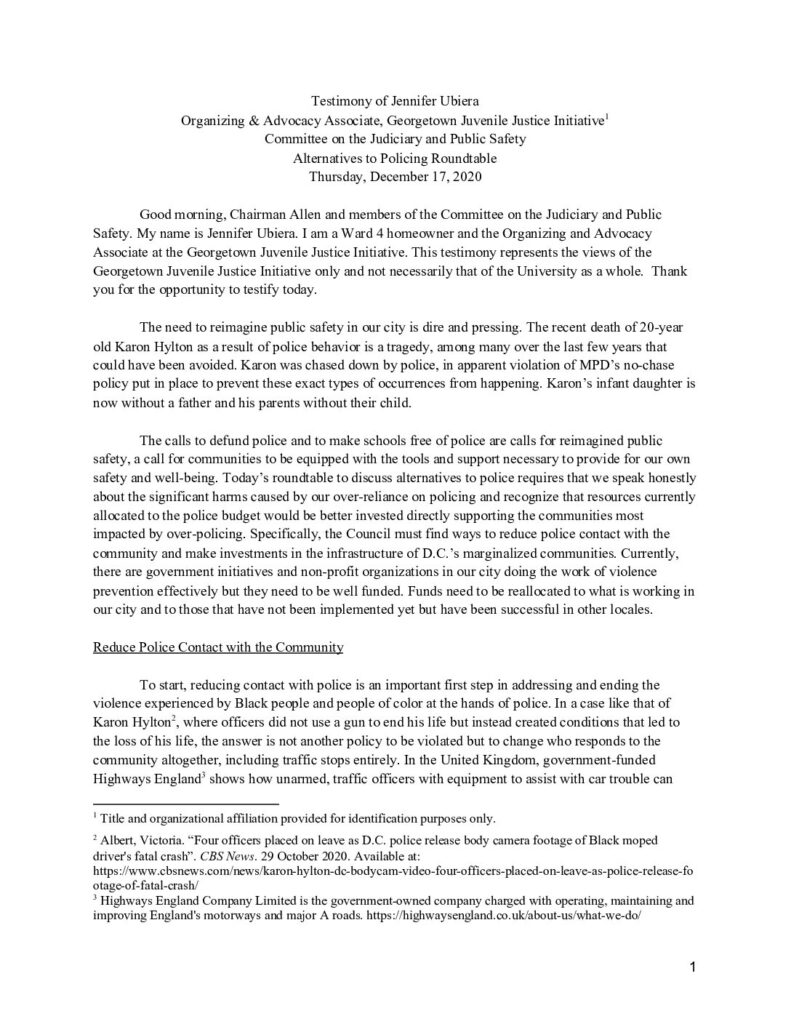Racial Justice
Creates a case for holding states liable for abdicating their duty to ensure that all children have zealous representation.
Provides a framework for developing effective youth defense systems.
This article will explore the numerous endeavors to correct the harmful impact of mass incarceration by filing petitions for clemency, parole, juvenile lifer release, and compassionate release. In each practice area, we examine the law or statute creating such relief options, review the current landscape, and analyze denials from the courts or government officials involved…
The Court considers a question of first impression — whether a criminal defendant must be provided in-person interpreting services, rather than video remote interpreting (VRI) services, at his jury trial.
Much the impetus for the current debate about bias in psychological testing is based on well-documented, consistent, and substantive differences between IQ scores of Whites, Hispanics, and Blacks in the U.S.A. Various explanations are offered for these differences including the idea that IQ tests are inherently biased against Blacks, Hispanics, and possibly other ethnics groups,…
The landmark case Miranda v. Arizona (1966), the United States Supreme Court required law enforcement agencies to advise all suspects of their “Miranda warnings,” or Constitutional protections, prior to interrogation. Previous research demonstrates that the Miranda warnings in the United States are largely unregulated and highlights how inadequate translations can impact comprehensibility. The present study…

























